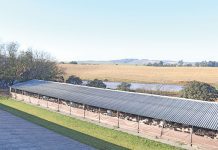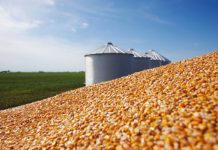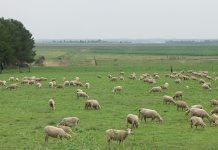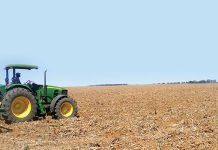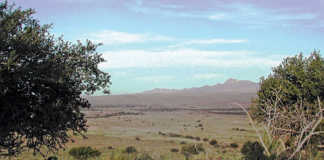The two types of expenditure entered into your cash flow projections are overheads and variable expenses. Variables change with the seasons and the production you’re busy with, whether animals or crops. Overheads are constant expenses that are paid monthly, even if there’s no harvesting. This means you need to budget to cover them.
Overhead expenses include electricity, telephone, water, office expenses, insurance, salaries, wages, unemployment insurance fund (UIF), skills development levy (if applicable), hire-purchase payments and leases, bond or loan repayments, fuel and maintenance. An off-crop or non-harvesting period, like the sugar industry experiences when the mills close (normally from December to April), will find your business in trouble if you haven’t made provision to cover these expenses during this time.
The smaller your business, the lower you want your overheads to be.When you consider buying new equipment or a vehicle that you can’t afford to pay cash for, you must give serious thought to how much you’ll increase your monthly overheads with the repayments. Don’t pay off a vehicle if your increased overheads will sink your business.Increasing your turnover (income) without increasing your overheads usually increases profitability.
An example is when a farmer buys the farm next door, increasing his land size, without having to buy extra tractors or equipment to maintain production levels. This means he’s using his movable assets more efficiently without increasing his overheads. In addition, he can use his original office, record-keeping systems, workshop and sheds. The result is more income, making the whole operation more efficient and more profitable.
A financier will check what your overheads are to monitor how efficient your farming business is. A new farmowner mustn’t think a brand-new bakkie will be good for the business. A decent second-hand vehicle will do the same work. Many new businesses fail after buying luxury or unnecessary items.
Larger vehicles with higher running costs also increase overheads. Simple choices like economical fuel consumption will improve profits. Should your business experience difficulty or a cash flow problem, luxury and/or unnecessary expenditure will see your financier being unwilling to assist you through the crisis. Your financial and managerial skills show your decision-making and can’t be removed from your balance sheet.
Susan Pletts runs Wanyuka Consultants in KwaZulu-Natal, which provides various services, including farming training and mentorship for emerging farmers in KZN. Contact her on 082 572 3724, or [email protected].

